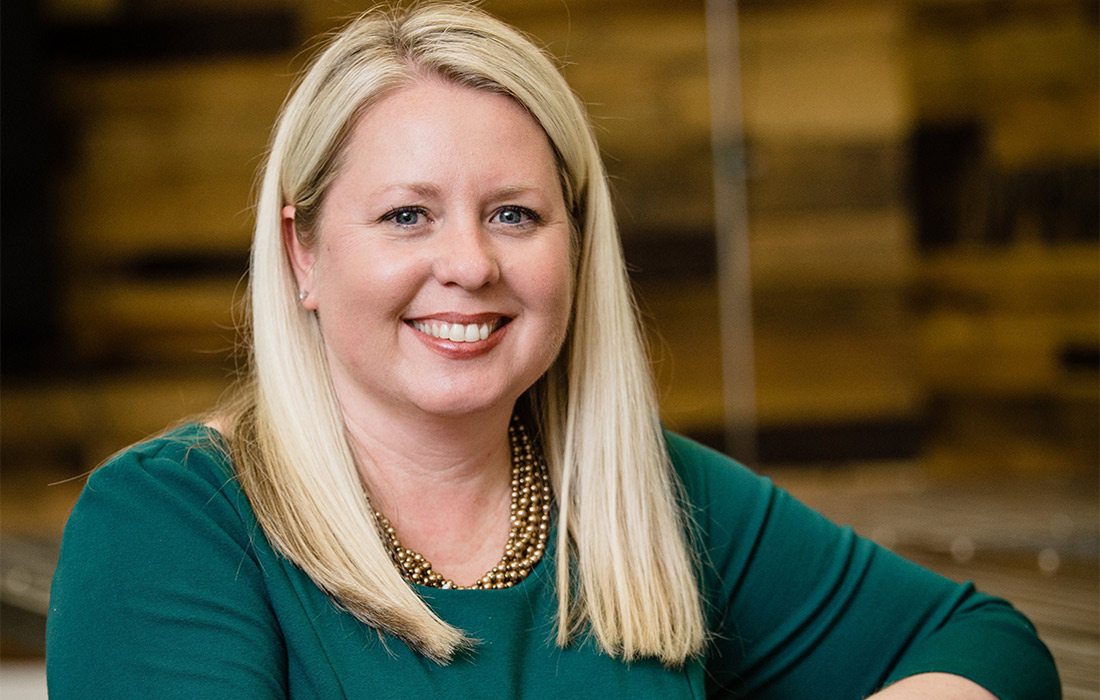
Culture
Teaching Our Kids About Financial Responsibility
Volt Credit Union’s new Chief Experience Officer shares her tips for starting youth out on the right financial path.
by Rae Swan Snobl
Aug 10 2022 at 8 a.m.

Biz 417: You worked in education before coming to Volt. What made you switch to working for a credit union?
Marissa L. Weaver: In a lot of ways, marketing is education. Instead of a formal classroom setting, we have to be creative in how we teach and inform our members and community about our products and services. I work with youth partnerships in the community to offer preventative education and help individuals before they make financial mistakes. I am passionate about teaching my community and youth ways to better their financial lives for generations to come.
PRESENTED BY
Biz: How is Volt helping the youth in 417-land become more financially literate?
M.W.: Financial education shouldn’t feel scary or complicated. Volt offers tools and resources to build a solid financial foundation. We teach how to establish financial goals and offer basic financial education support such as how to borrow money, strategies for budgeting, building up credit, filling out FASFA forms, and doing taxes.
Biz: What advice do you have for mothers who want their kids to learn financial responsibility?
M.W.: Get a youth checking account set-up or a secured Visa card to let your kids practice saving and spending money in different ways. Teaching responsible habits when kids are younger, especially about credit scores, will lead to more responsible adults with more knowledge on how to save and the best ways to borrow. On average, an individual with low credit scores will pay three times more interest over their life than someone who has a high credit score, and it can take five to ten years to correct a score once it has fallen. Starting responsible financial practices young will create a foundation for financial health throughout their lives.













